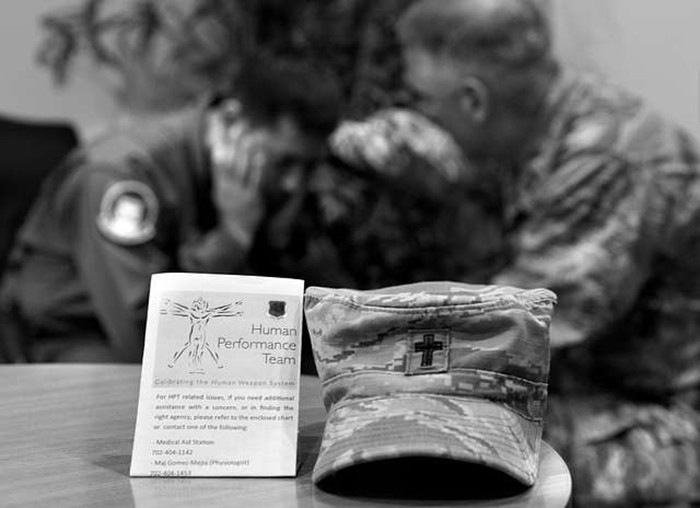
Post-traumatic stress disorder (PTSD) affects many Veterans after their service. Whether they’ve served in combat or faced other traumatic experiences during their military career, PTSD can take a heavy toll on their mental health and overall well-being. Understanding how to support a Veteran with PTSD is crucial to helping them navigate life after service and regain control of their future. At Berry Law, where we serve Veterans nationwide, we believe in fighting for those who’ve fought for us. This guide offers practical tips for families and friends of Veterans dealing with PTSD.
PTSD symptoms can manifest differently in each individual. Being able to identify these signs is the first step in offering effective support. Common symptoms include:
If you notice these behaviors in a Veteran, it’s important not to dismiss them. Veterans are champions who have faced incredible challenges, and recognizing these signs shows you are ready to stand beside them in their next battle.
Helping a Veteran with PTSD starts with empathy and education. Here are steps you can take to provide the support they need:
If a Veteran in your life is struggling with PTSD and has been denied VA benefits, know that you’re not alone in this fight. Berry Law has been serving Veterans for over 55 years, fighting to ensure they receive the benefits they’ve earned. From PTSD claims to disability appeals, we stand shoulder to shoulder with Veterans, using our battle-tested team of legal professionals to help them secure the compensation they deserve.
As a Veteran-led law firm, we understand the challenges Veterans face. Our mission is to support you and your loved ones in overcoming the barriers that PTSD and other service-related injuries create. Don’t go to battle alone—we’re here to help every step of the way.
Helping a Veteran with PTSD isn’t about fixing them; it’s about walking with them on their journey to recovery. With the right support, they can manage PTSD and continue living a fulfilling life. Berry Law is here to support Veterans and their families as they navigate the challenges of PTSD. If you need assistance with a VA claim or legal representation, contact us today for a free consultation.
Need help with your VA claim or PTSD disability benefits? Contact Berry Law today for a free consultation. Let us help you win your next battle.
Our monthly newsletter features about important and up-to-date veterans' law news, keeping you informed about the changes that matter.